Petland Fort Walton Beach, FL
 Adopted
Adopted
Status
Adopted
Reference ID
5591
Birth Date
02-11-2023
Gender
Female
Color
Mustard
Please fill out our contact form below.
"*" indicates required fields
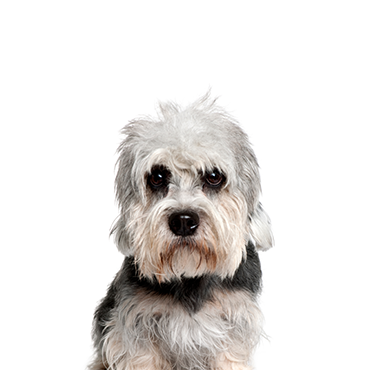
The Dandie Dinmont Terrier is a smallish dog of Scottish origin. It possesses distinctive features such as long, curved body, short legs and the topknot of hair on its head. Discover more about our Dandie Dinmont Terrier puppies for sale below!
The Dandie Dinmont Terrier dates back to the early 1700’s. It is believed that this breed was from a melting pot of small dogs used by farmers and hunters in Scotland hundreds of years ago. Today’s Dandie Dinmont Terrier makes a loving and caring family pet.
The Dandie Dinmont Terrier is a very outgoing, loyal, caring, and alert dog. They enjoy the company of their family and are eager to please. This breed is known for its loyalty and warm and approachable demeanor. They adapt well in families of all dynamics and tend to be happy when you are. Many would describe the Dandie Dinmont Terrier as being an all-around happy dog.
The Dandie Dinmont Terrier has a unique coat that requires regular grooming. This breed’s coat must be scissored and shaped every four to six weeks to maintain its distinctive appearance. A bath every four to six weeks will help keep this pup looking and feeling his best. Routine nail clipping should also be a part of his selfcare routine.
Dandie Dinmont Terriers are semi active dogs and do need ample amounts of energy to feel their best. The correct ratio of meat-based protein and micronutrients, as well as healthy carbs and fats, will keep this breed healthy. Many Dandie Dinmont Terrier owners recommend feeding this dog two meals a day, spaced about twelve hours apart. It is also very important to remember to provide your dog with proper dental care. It is suggested that his teeth get cleaned a minimum of three times a week. Failing to keep his teeth clean can contribute to health issues.
This breed stands between eight and eleven inches tall.
This breed weighs between sixteen and sixty pounds.
The average life expectancy for this breed is between twelve and fifteen years.
Fact: The Dandie Dinmont Terrier is one of the rarest and most endangered of all purebred dogs.
Fact: This breed is considered hypoallergenic.
Fact: This breed loves interactive playtime and quickly bonds with his family.
TOP TEN FREQUENTLY ASKED QUESTIONS ABOUT THE DANDIE DINMONT TERRIER
ARE DANDIES GOOD WITH CHILDREN?
Dandies are very good with children. This is because they are fun-loving dogs. However, it's more advisable to get a Dandie for older children. That way, when the Dandie dies in 10-15 years after they are born, the child won't have to deal with depression.
DO DANDIES SHED?
All dogs shed but dandies face very little shedding. They do not litter the floor with their furs either. However, its furs have to be trimmed by a vet at least twice in a year.
WHY DO DANDIES HAVE SHORT LEGS?
It's typically nothing to worry about. The reason for its short legs is nothing but genetic.
WHEN SHOULD DANDIES BE SPAYED?
Spaying should be done when the dog is anywhere between 8-12 weeks old.
HOW OFTEN SHOULD DANDIES HAVE A BATHE?
A Dandie should be washed at least once every three months and at most, it should be washed once every month.
WHAT IS THE BEST DOG FOOD FOR DANDIE DINMONT TERRIER?
Homemade dog food works best for Dandie dinmont terrier. However, getting a recommended meal from your vet is also a good option.
DO DANDIES HAVE HEALTH PROBLEMS?
The only health issue dominant in Dandie dinmont terriers is back pain. This is because of the slight curve of its back.
WHAT IS DANDIES LIFE EXPECTANCY?
The life expectancy of the Dandie dinmont terrier is 10-15 years.
IS IT OKAY TO BUY DOG TOYS FOR MY DANDIE?
Yes. Dandie dinmonts are fun-loving dogs and so getting them toys is not a bad idea.
ARE DANDIES HYPOALLERGENIC?
They are not hypoallergenic. But it’s also advisable to keep them away from a person who is prone to having an allergy from dogs.
Petland is honored to offer first-class Dandie Dinmont Terrier puppies and our caring team of puppy specialists will help answer any questions you may have.
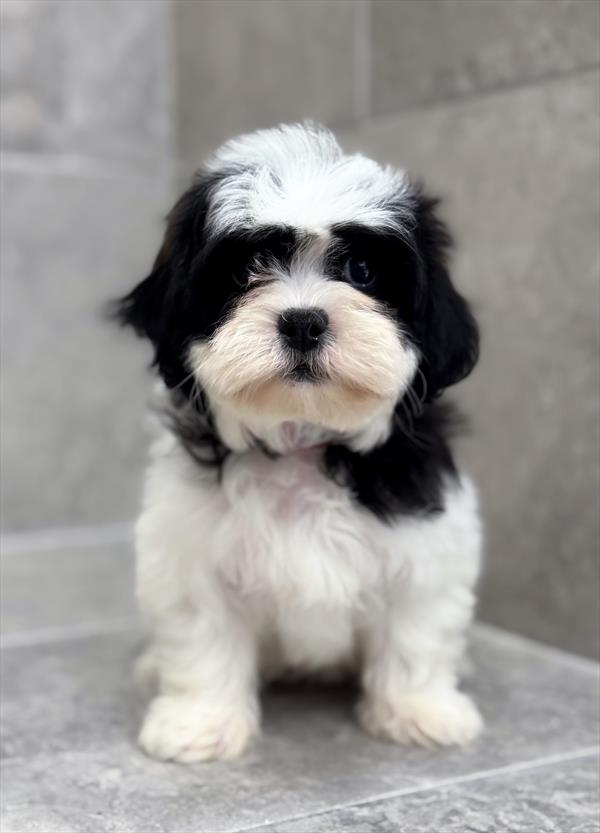
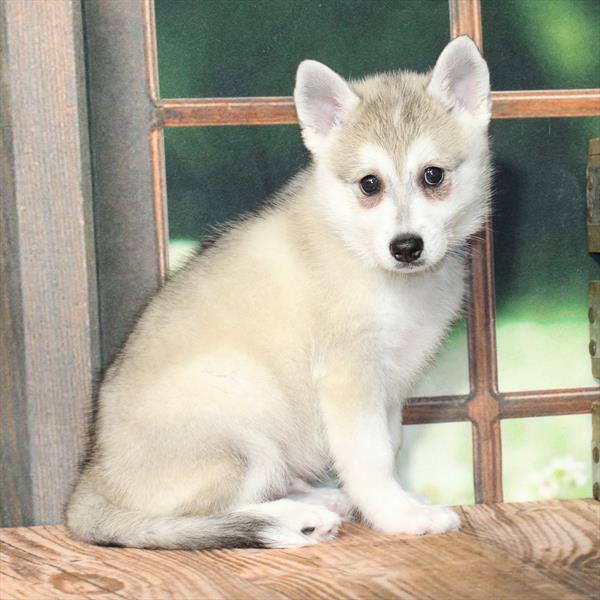
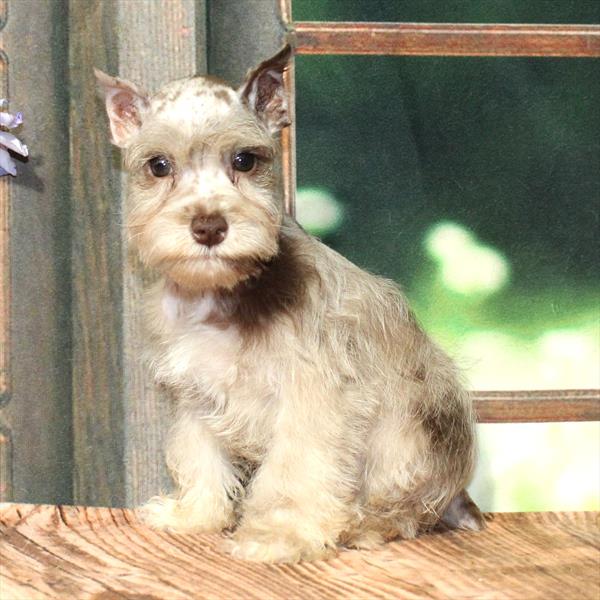
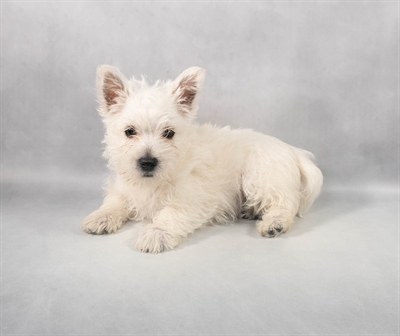
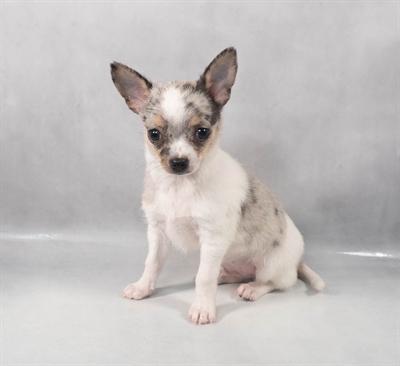
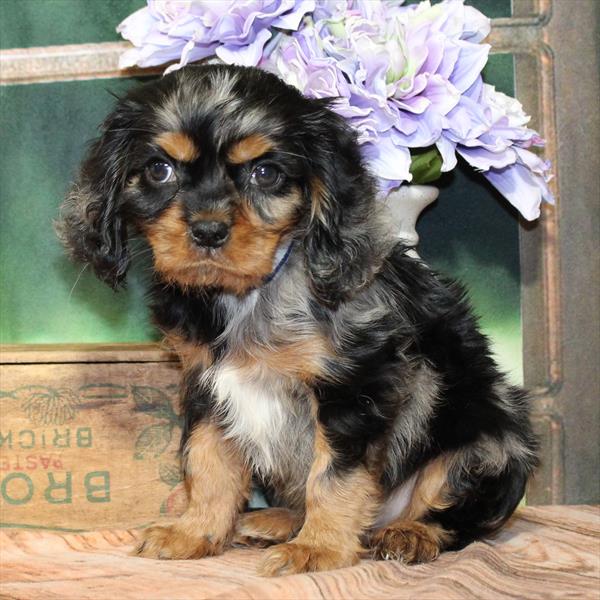
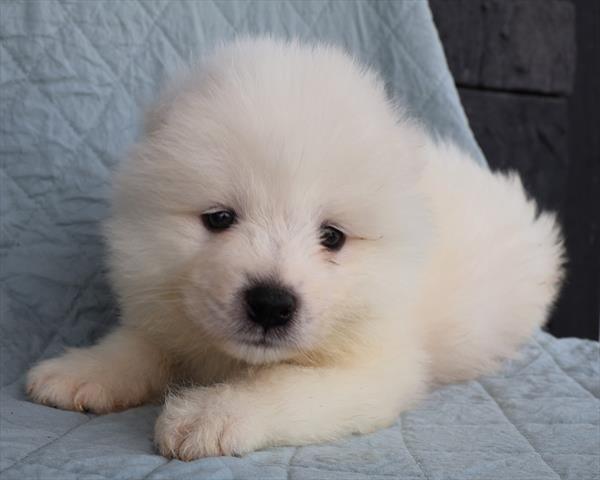
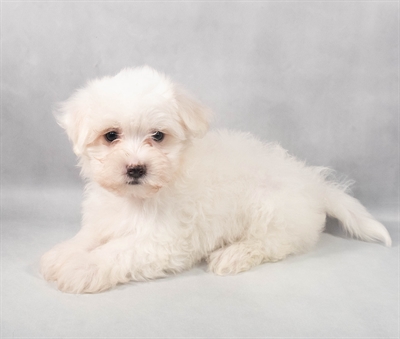
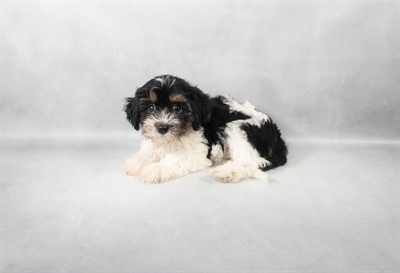
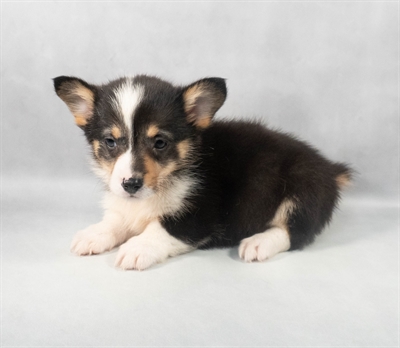
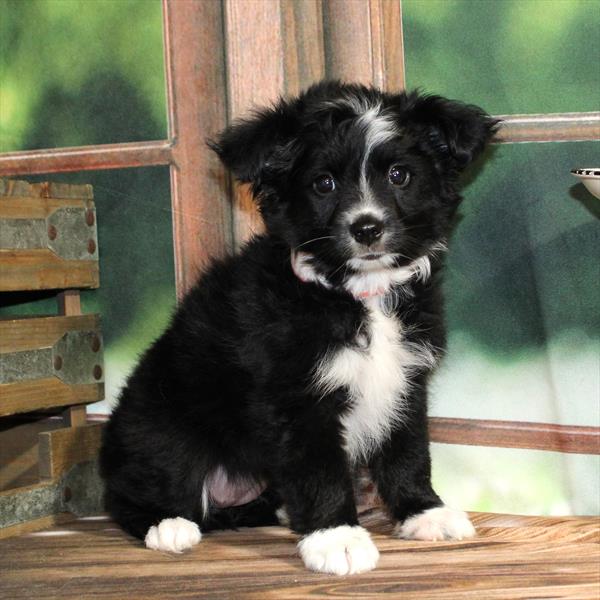
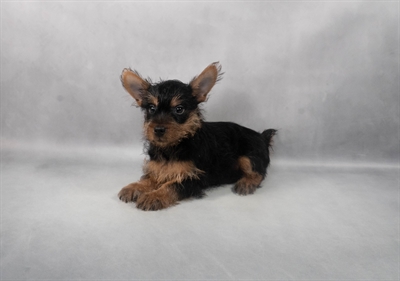
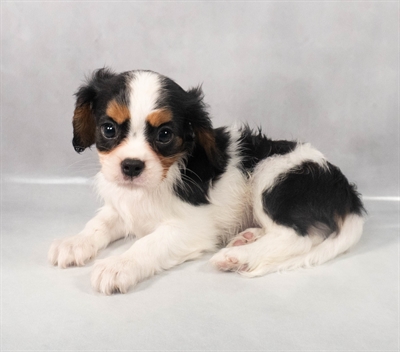
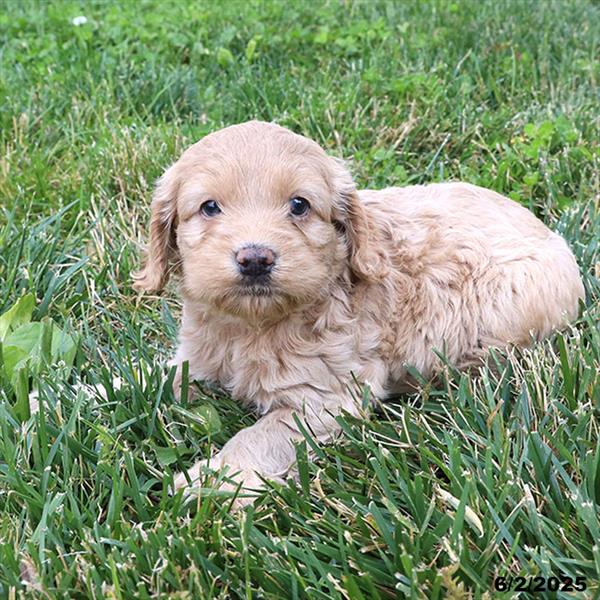
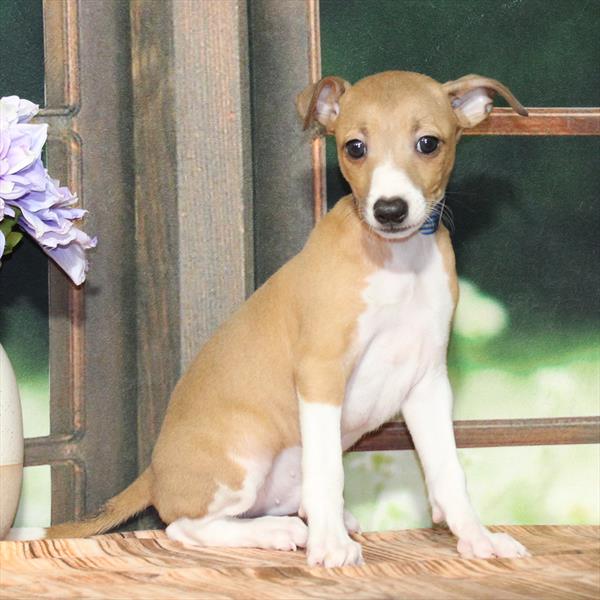
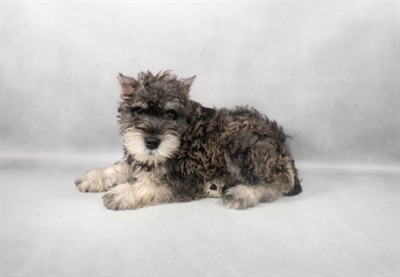
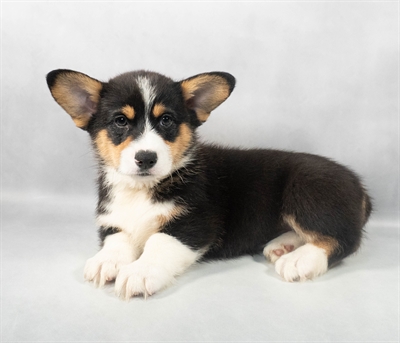
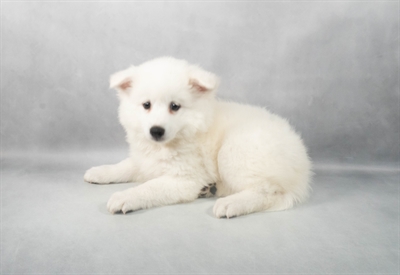


Image Not Found
So, you’ve decided to add a four-legged best friend to your life—congrats! But now comes the hard part… which breed is right for you? Choosing a dog isn’...
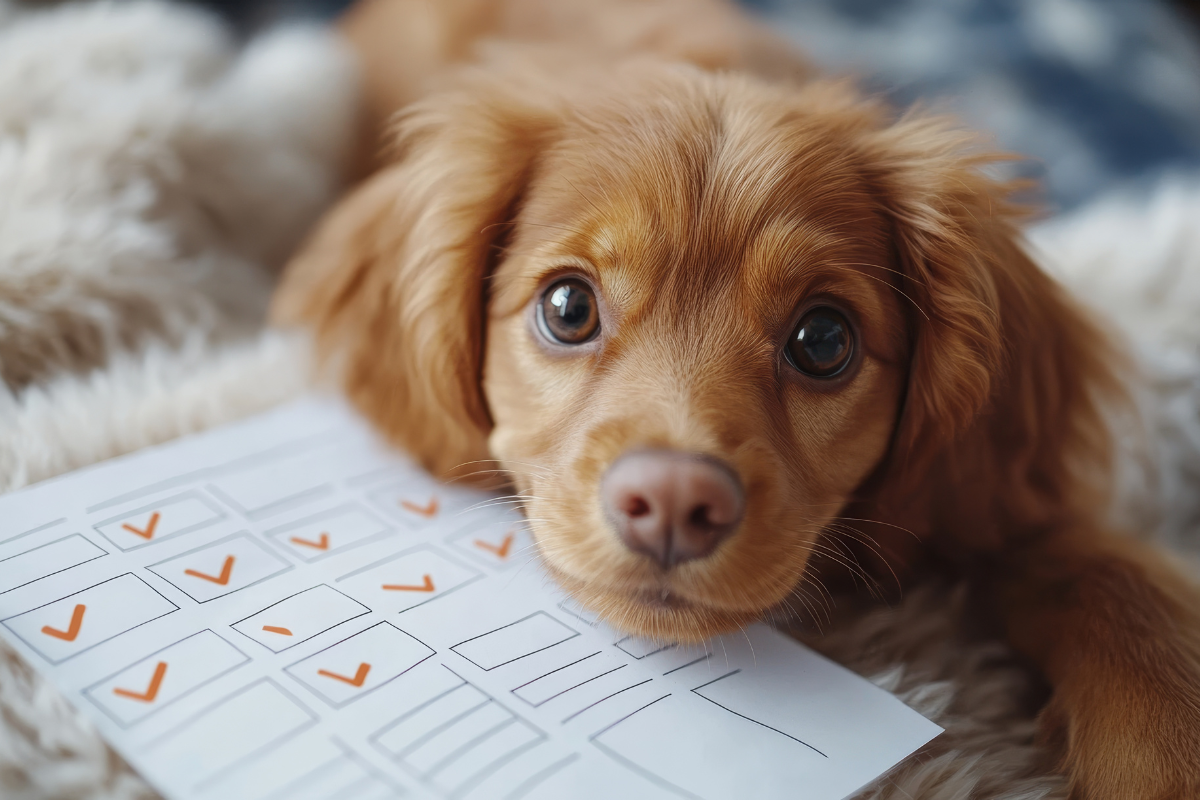
Bringing home a new puppy? Get ready for cuteness overload, lots of tail wags, and… a bit of chaos too. Puppies are like tiny, adorable tornadoes that can turn your world ...
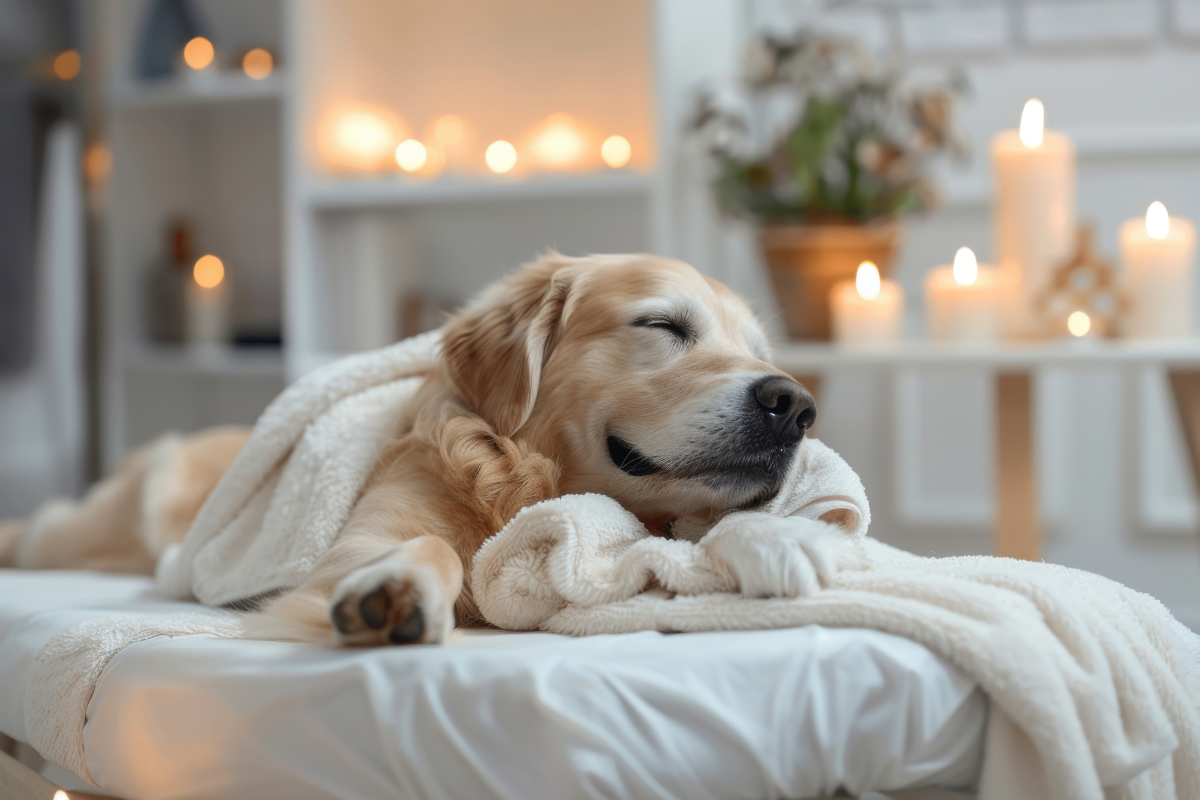
Self-care is all about wagging your tail and feeling pawsitively great! It involves activities that keep you happy, healthy, and full of energy. Whether it’s a daily walk,...

Bringing a puppy into your life is like welcoming a furry little tornado of joy, energy, and endless cuteness. But let’s be real—along with the cuddles and wagging t...

As a cat owner, ensuring the health and safety of your furry friend is a top priority. With the emergence of avian influenza, commonly known as bird flu, it’s crucial to u...

Ah, Christmas! The time of year when homes are aglow with twinkling lights, the air is filled with the scent of pine, and everyone is wrapped in a warm, fuzzy feeling of joy and...
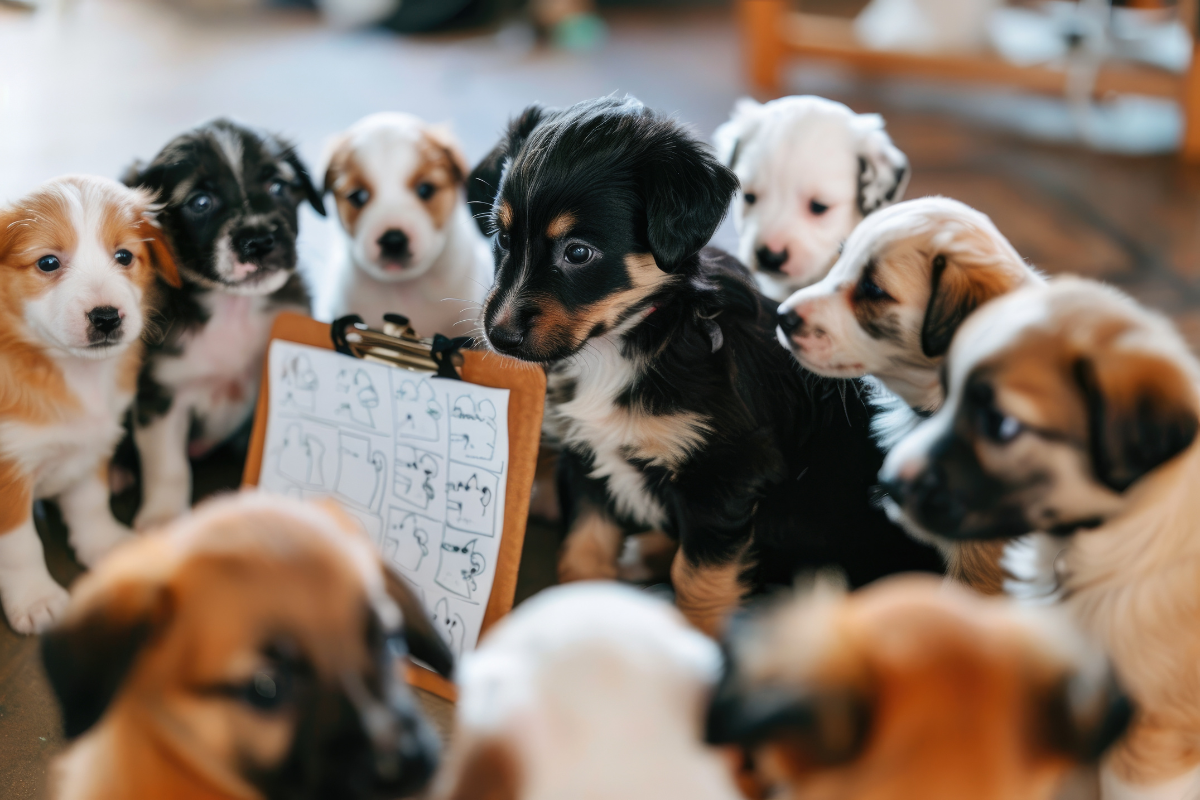
There’s nothing like the joy of bringing a fluffy, four-legged bundle of joy into your life. Puppies are the ultimate companions—full of love, energy, and just a lit...

1. Thanksgiving: The Feast of Gratitude and Gravy Thanksgiving is the time to shine brighter than a disco ball in the holiday hall of fame. It’s when families roll in like...
Image Not Found
Ensuring the well-being of your pets is not just about providing food and shelter; it’s about understanding their needs at every life stage and offering a holistic approac...
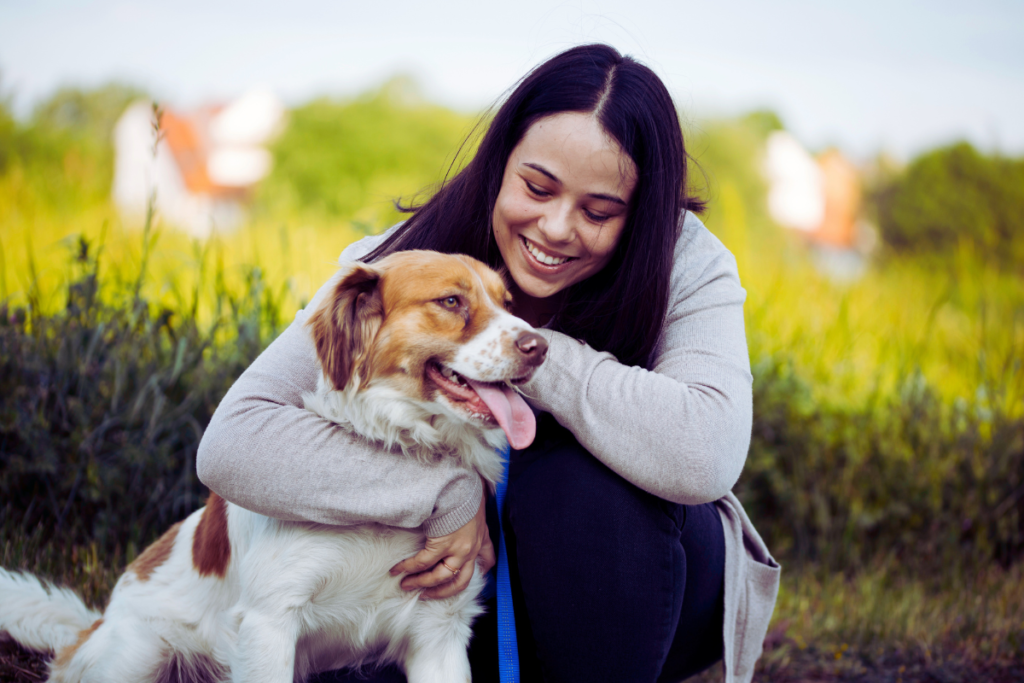
Dog probiotics have gained popularity as more pet owners seek ways to support their pets’ digestive health. Probiotics are live bacteria and yeasts that are beneficial for...
Image Not Found
In today’s digital world, pet care is rapidly evolving, and AI and smart technology are at the forefront of this transformation. These tools are designed to enhance how we...
Image Not Found
As August brings its peak summer heat, it’s vital to ensure that your dog stays cool and comfortable. Dogs can struggle to regulate their body temperature, especially in h...
"*" indicates required fields